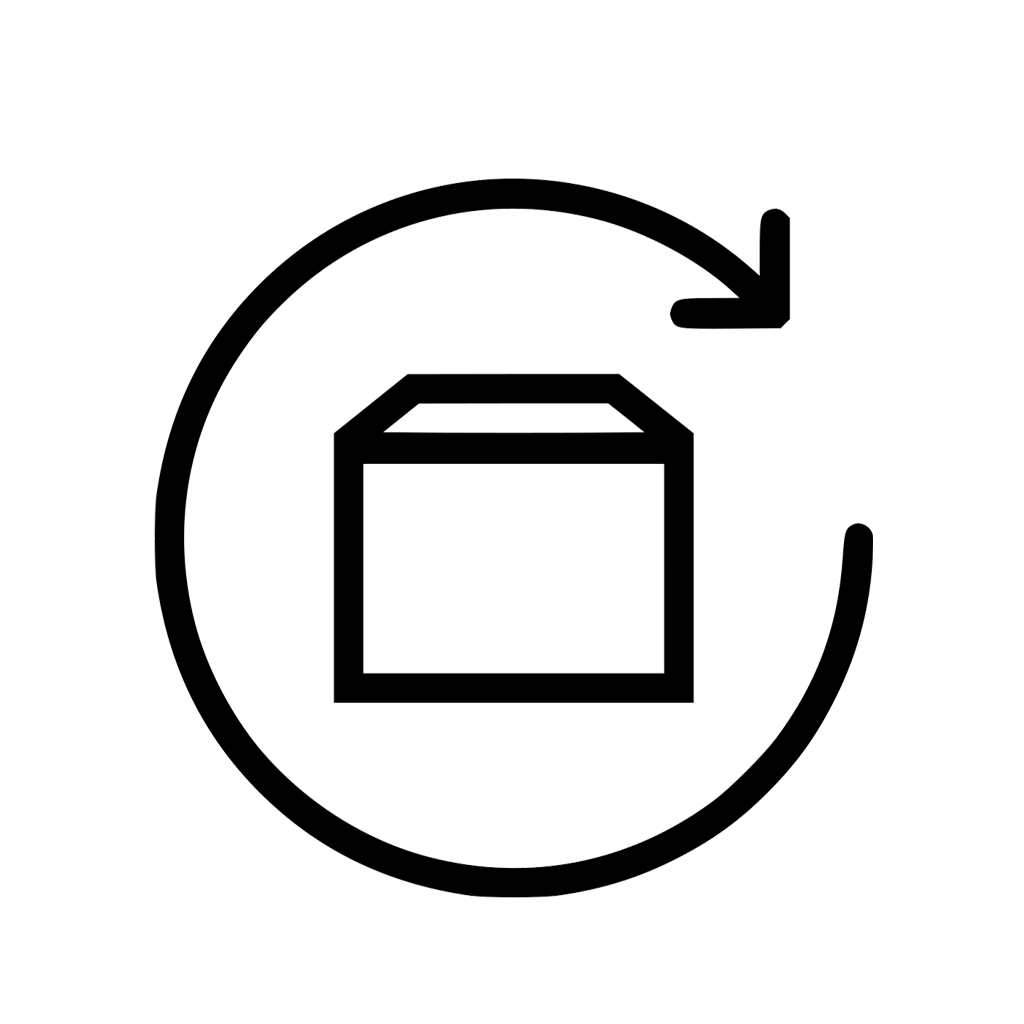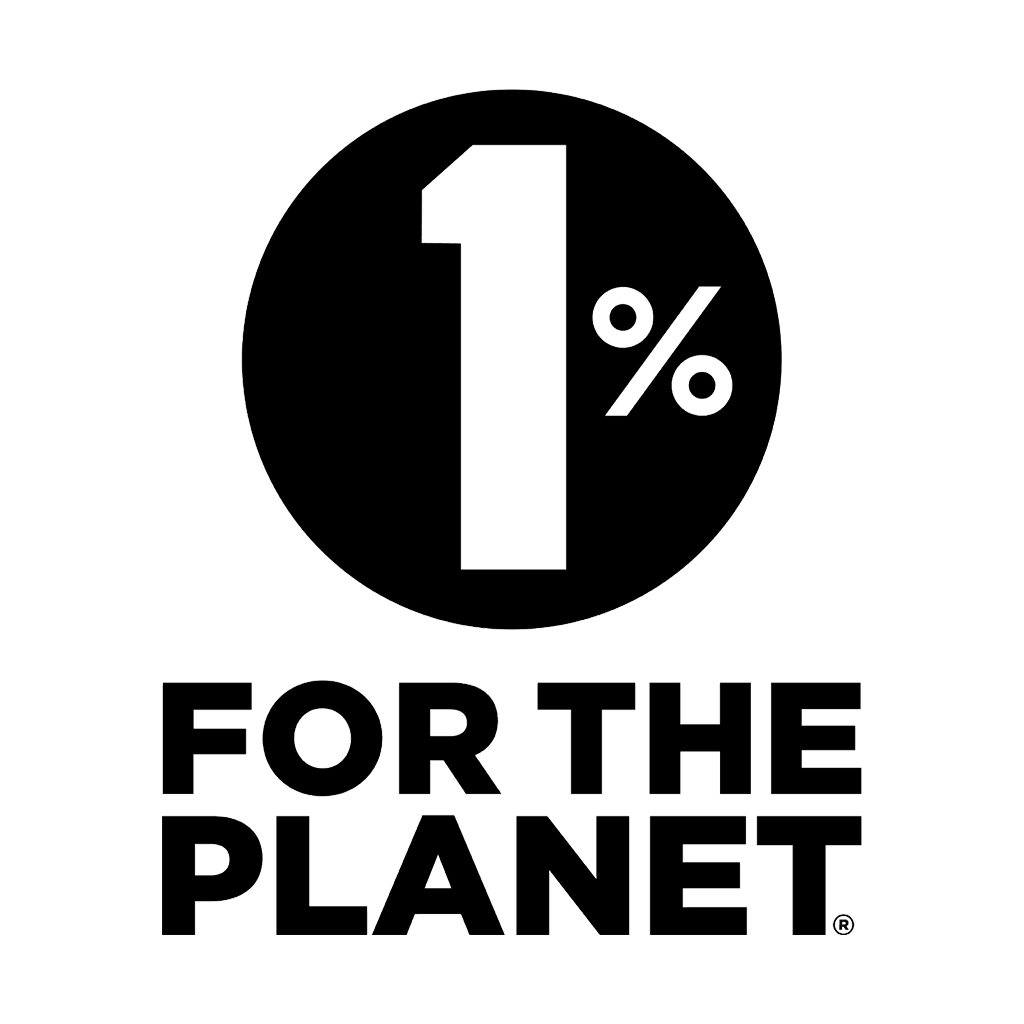
Mastering Cold Water And Breath
Meet Anthony Mullally...
“It’s quite a contrast in careers, from a professional sportsman as a rugby player to now being full time as a breath-work practitioner, leading people through cold water immersion with the aim of helping them build stress thresholds, be more responsive than reactive to life circumstances, and give them tools via the breath to help them to down regulate."

Anthony Mullally has two Rugby League World Cups and a Super League Grand Final trophy under his belt, and throughout his professional rugby career made more than 200 senior appearances. However, nowadays you’ll find him on the coast of North Cornwall where he now works as a breath work coach, dividing his focus between performance coaching for athletes and running male-focussed retreats that incorporate cold water exposure, meditation and mindfulness.
“I had a very fortunate rugby career, I’m very grateful. I played two World Cups for Ireland. I won a grand final trophy for Leeds; another for Toronto. I went on to Super League. I’ve played a lot of high-pressure games which I learnt to enjoy. However, in the early part of my career I used to get really nervous before games. I got into breath work for my own performance and I found that it helped me self regulate. It gave me a sense of awareness of my own state, which I never really had. It helped me to focus and put me in that moment. From then I learnt the small intricacies of the breath and the very simple tools you can use to manipulate our general state. I realised it was something I wanted to pursue further.”
Anthony moved to Cornwall just before the pandemic. “I was suffering from a concussion in 2018 and I got a bit of time off, so I just came down [to Cornwall] to surf, because I used to surf when I played rugby in Australia. I fell in love with the place and knew I just wanted to do whatever I could to get down here permanently.”

When COVID hit, the team Anthony was playing for went bust and he seized the opportunity to relocate. Upon arriving he quickly organised his first men’s workshop, focused on breaking down stereotypes and stigma, including breath work, surfing and meditation. It had great feedback, and resulted in regular retreats and a partnership with the Scarlet Hotel. “I’ve built a career that allows me to be here. I carved out what I wanted to happen.”
Cold-water immersion quickly followed the breath work. “When I came down to Cornwall I knew I really wanted to start a men’s swimming group, to cultivate a community and bring people together. It wasn’t just me - a few of us did it. At first it was my idea to just do it for men as I was already doing all the men’s stuff, but now its inclusive and for everybody. You know what it’s like in the winter, it’s a tough time. So it’s good to get outside. Social interaction for humans is as essential as oxygen. That was a big drive. It’s led to opportunities too, which has been great.”

Alongside the retreats and cold-water swimming, Anthony uses his past experience as a sportsman to help other athletes. “I’ve been working with the British Surf Team as a breath work coach to help them navigate things like pre-competition anxiety, nerves and guiding them to access flow state and being in that moment. It all starts from day to day, moment to moment. I look at how they are breathing, and if they know the tools to bring themselves down from stressful events or up-regulate if they need to.” Anthony’s training covers managing stress and awareness, allowing the surfers to perform to their optimal ability. This can be applied to competition situations such as using breath to not dwell on under-performing on waves and how to move forwards positively, to waves of consequence and knowing the science behind your brain’s reactions. “When you’ve had a couple of long hold downs, it’s your body’s primary instinct to breathe. I teach strong breath work, raising the body’s tolerance to CO2 and helping the surfer not to panic. By recognising what is happening and relaxing, you can control the rise in CO2.”

Anthony and Robie team rider Barnaby Cox at a recent GB Surf Team training camp in Portugal. Photo: Luke Gartside
“When it comes to the benefits of cold water, it’s a bit of a rabbit hole - both physical and psychological” He tells us. “For one, it’s an opportunity every day to overcome something. You wake up, you hear the wind bashing against your window and the last thing you want to do is drive down to a dark headland and get in the water! But there’s merit in that, and you can find meaning in the suffering, as Viktor Frankl would say. You’re consciously creating adversity in order to overcome it. Before your day has properly got going, you’ve overcome something, so you’ve achieved something, and it’s this sense of achievement that is good for your mental health.”

“You’ll also get a good dose of dopamine from the cold. It will spike cortisol to a degree, but not as much as someone crashing into your car, or a stressful event happening to you. Because you’re consciously applying this stressor it’s more proportionate, therefore you get a higher dopamine spike and it’s more sustainable. It’s not like having a chocolate bar - the dopamine spike lasts for hours. People think that dopamine is the pleasure hormone but it’s not, it’s the reward and motivation hormone. It gives you that drive.”
“Physically you activate your brown fat (white fat which is rich in Mitochondria). Cold water immersion turns sugar and white fat in the body into brown fat, which is much more efficient and a better energy source for the body.”
Master of the breath and the cold, we asked Anthony for his tips on warming up after a sea dip: “It’s about getting in, getting what you need out of it, and getting out, and not staying in too long. Then embrace the shivers afterwards! Warm up slowly, don’t just jump in a hot bath straight away.”

“If you’ve got a sauna then great, but I’d still give it a few minutes after the cold water exposure to acclimatise before getting in. You’re going from vasoconstriction (the constriction of blood vessels which increases blood pressure) to vasodilation (a mechanism to enhance blood flow to areas of the body that are lacking oxygen and/or nutrients), so you’ve got that contrast therapy of the hot and the cold that’s really good for recovery - lymphatic drainage and stuff like that.”

After a recent trip to Sweden, the ex-professional rugby player explained how it compared to the shores of Cornwall. “It’s actually a little easier,” he laughed, “out on the headland at home the wind is howling, you’re freezing and trying to get changed and you can’t feel your feet. In Sweden you’re in a really cold lake but then you get out and you’ve got a sauna to get into, so it’s actually a little bit easier. There are different variables and things that will build that resilience in a different way. It’s just a different beast really. The cold is intense. You’re so present, it just brings you right into that moment because it’s so cold.”
He went on to explain how it’s important not to stay in for too long, because there’s nothing to prove! “For me it’s like a psychological test and it’s like constantly leaning into that discomfort, but in a respectful way. You’re not pushing too hard, like Icarus flying to close to the sun, but at the same time you’re not holding back. You’ve got to lean into that edge, that’s where we’re going to grow and find out more about ourselves. If you don’t go there you’re never going to know.”
To find out more about the work that Anthony is doing, you can visit his website by clicking here.
Shop the Dry-Series worn by Anthony here.













